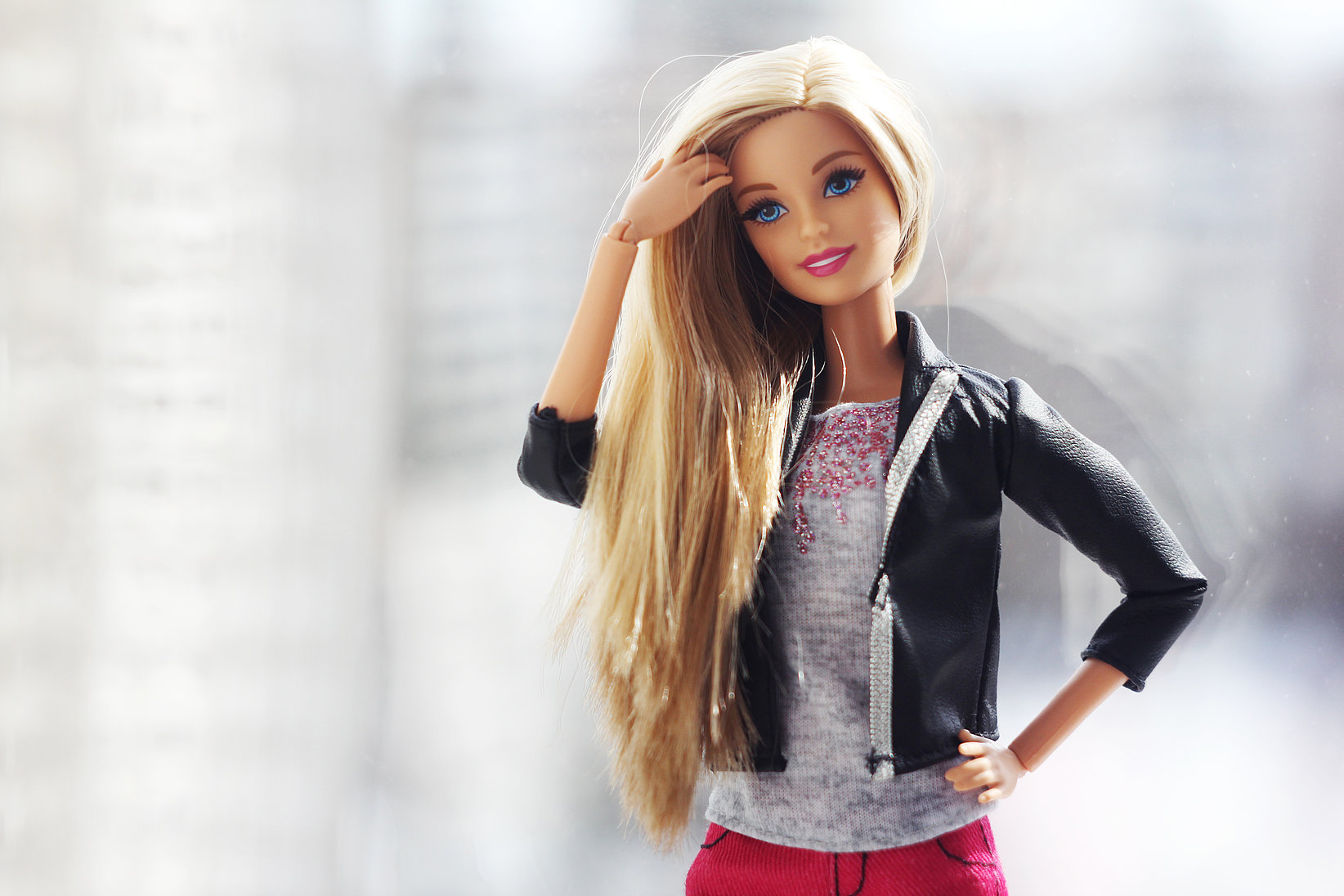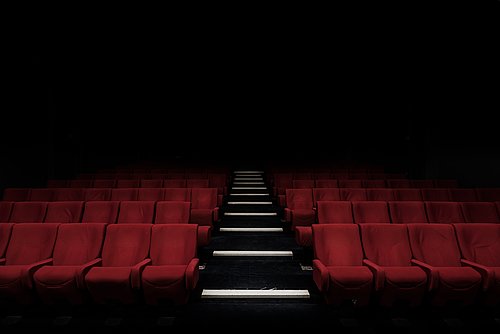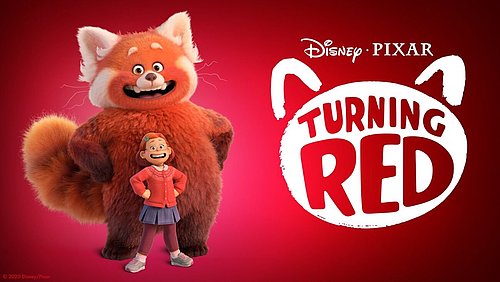
News
Blog – Box Office Barbie

The Barbie movie is leaving its pink-feathered stiletto footprints everywhere this spring. Since the film’s trailer dropped earlier this month (the film itself will be released this July) it has caused a media storm, taking over social media and even spurring an SNL spoof. Barbie’s live action adaptation pairs a star studded cast, including Margot Robbie, Will Ferrell, Ryan Gosling and Dua Lipa, with the directorial brilliance of Greta Gerwig. It has all the makings of a box office hit.
Prior to the trailer’s release, analysts had been hesitant to speculate on a corresponding rise in sales of the iconic doll based on the film’s predicted success, and it’s a time that Barbie’s parent company, Mattel, could use the boost. Changing demographic demand and a tough macroeconomic environment over the past few years have caused a recent decline in the company’s revenue.
Analyst’s caution to link the Barbie movie with increased demand for the dolls is for two reasons. The first is that Mattel’s ability to turn IPs into blockbusters is yet unproven. Unlike their competitors, Hasbro, who had incredible success reviving the Transformers brand after the creation of a corresponding movie franchise in 2007, Mattel is yet to make a mark on modern cinema. The second reason is that the market has changed dramatically since the release of movies like Transformers. Since then, countless IPs have been spun off into series, movies, and other content, and there are some that think that the market is so saturated that a single film is unlikely to make a splash in the way it might have 15 years ago.
The flood of IP based content is part of a wider industry trend; over the past two decades there has been a shift away from wholly original concepts toward movies being made from existing intellectual property. For example, in 1996, 9 out of the top 20 grossing films were live-action movies based on wholly original screenplays. In 2016, there was only one: “LaLaLand”. The rest were a combination of franchises in the Marvel/Star Wars/DC universes, remakes of existing movies, and sequels in other series.
This is likely because existing IPs offer studios an existing audience, characters, and (if they’re lucky) potential plotlines. In other words, a more reliable return on their investment. According to Hollywood producer Tripp Vinson, it means that you’re not “starting from scratch”, and Barbie, a doll with a rich 64 year history, iconic aesthetic, and a career that has spanned 200 jobs (amongst them pizza chef, lute player, and panda rescuer) perhaps embodies this best. She appeals to young and old alike, at once contemporary and deeply nostalgic. She may be taking on yet another career change—movie star.
It’s too soon to know what the effects of the Barbie movie will be on the doll’s long term popularity, but if the candy-coloured explosion of Barbie memes and the rampant barrage of fans posting theories about movies’ plot (which have made it outside the normal world of reddit and into the likes of Glamour magazine) are anything to go by, this is a movie thats box office and product sales will likely live up to its hype. For Mattel’s first blockbuster effort, or at least its marketing strategy, we give them five (hot pink) stars.


